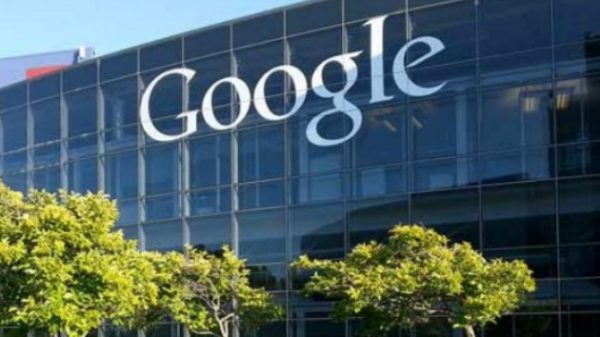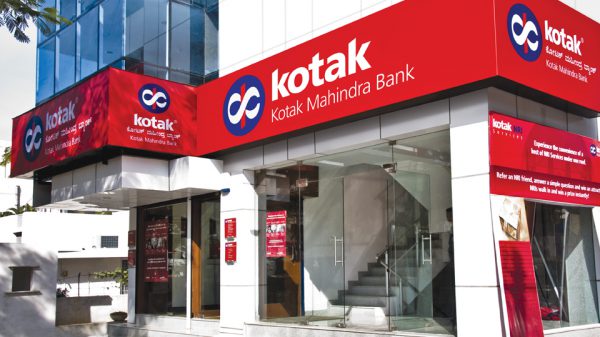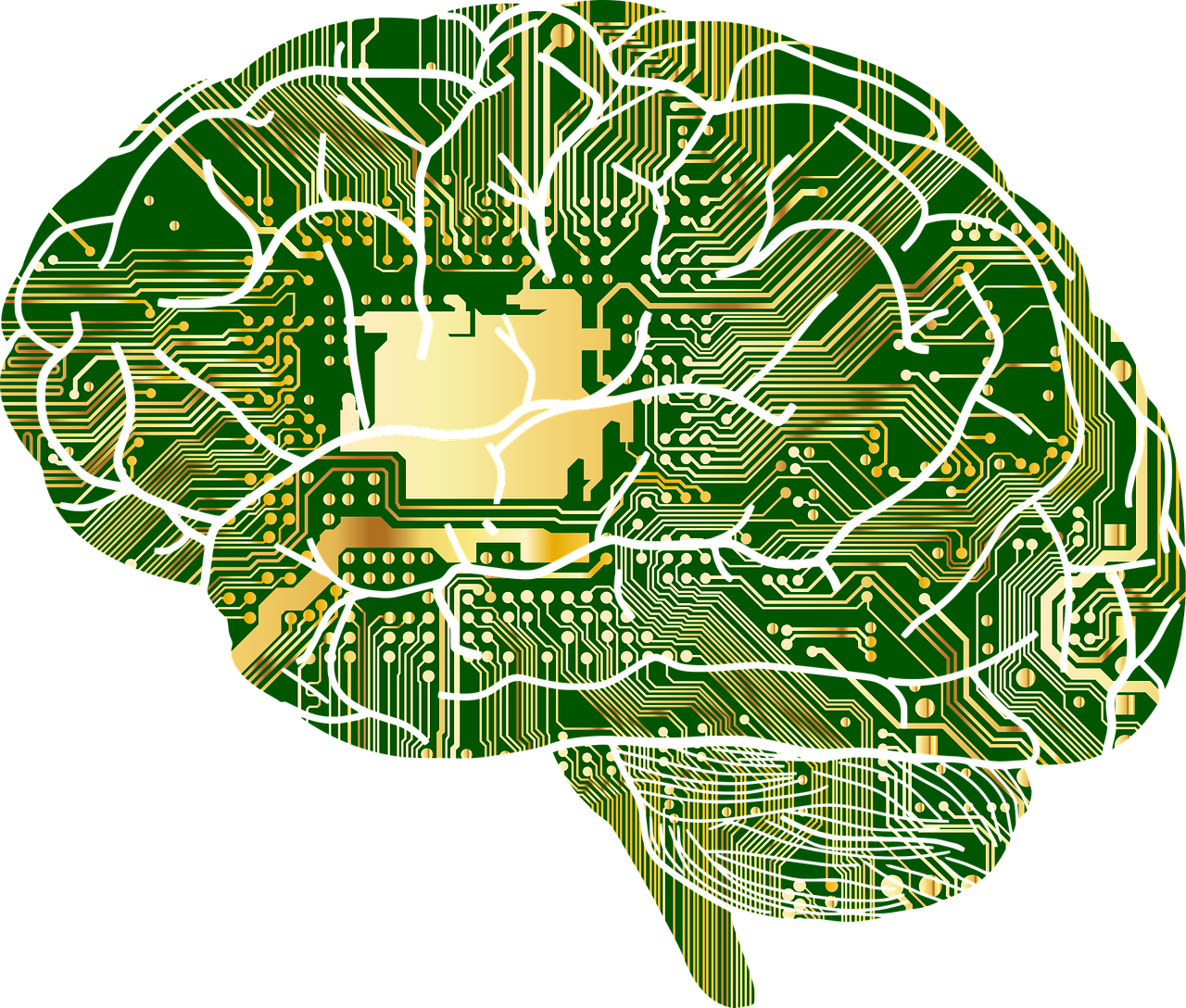The Personal Data Protection Bill, 2019, in its current form, suffers from an acute paucity of concrete definitions and thus, does not address concerns specific to the healthcare sector. “This Bill in a generic format is good. When you go down into the sensitive areas there is lack of clarity.” Dr Sunil Shroff, President (TN), Telemedicine Society of India, said. At MediaNama's discussion on the impact of the PDP Bill on the healthcare sector held on June 19, speakers agreed that concepts such as health services, medical emergency, etc. needed more granular contouring. This discussion was supported by Microsoft, Google, TMT Law Practice and the Telemedicine Society of India. Comments have been edited for brevity and clarity. Everything in healthcare sector is personal data In the healthcare sector, even a prescription, both analog and electronic, contains a lot of sensitive personal data, Shroff said. “The e-prescription talks about the history of the patient, the investigation done before it talks about the actual prescription that is supposed to be transmitted to a pharmacy. In that case, a lot of sensitive data is shared with other parties. This could include an HIV positive status that the patient may not even want to reveal to their spouse,” he said. And even if the prescription does not carry the diagnosis, if it prescribes drugs that unique to HIV treatment, it is still easy to make out what the diagnosis is, Shroff said. Under the Personal Data Protection Bill, 2019, any data related a person…





























